Is Cuenca Ecuador Safe? 3 Things I’ve Learned (7 Tips to Avoid Crime)
Is Cuenca Ecuador safe for expats? There are lots of stories and opinions shared online and over coffee at gringo hangouts. In this post, we’ll share what we’ve learned. And tips to help avoid being a victim of crime. This post was written by an American and a Canadian expat – with a combined 20 years living in Ecuador.
A gentleman who is contemplating moving to Ecuador with his family was surprised to learn that many houses here have burglar bars over the windows and doors.
Such security measures raise the question:
Is Cuenca Ecuador Dangerous for Expats?
This next section was written by an American expat, a father of two.
Cuenca is known as the most “tranquilo” or peaceful city in Ecuador.
However, the locals, while touting the peacefulness of Cuenca, will quickly tell you that things are not like they used to be. Crime does exist in Cuenca and it seems to be steadily increasing.
The same can be said for practically any growing metropolitan area, no matter where you live. When contemplating a move or visit to Ecuador, one must realistically consider the issue of personal safety, especially if you have children as we do.
One could be lulled by the beauty and apparent tranquility of Cuenca and forget the importance of being vigilant regarding personal safety.
U.S. Department of State has a website that offers travel tips to U.S. citizens who travel abroad. The website (http://travel.state.gov) has extensive information regarding crime and safety issues for U.S. citizens in Ecuador.
When I visited this website I was shocked by the opening line of the section that deals with crime in Ecuador. It says something to the effect that crime against U.S. citizens is a major problem in Ecuador and that the country has a high crime rate.
The website goes on to detail some of the recent crimes committed against foreign visitors in Ecuador and gives advice on how to avoid being a victim.
It specifically mentions certain areas of Guayaquil and Quito that one would be wise to avoid. The general information on the U.S. Dept. of State website regarding crime and safety in Ecuador is very sobering and one would be wise to heed the advice given while traveling in the country, especially when visiting Guayaquil and Quito.
Interestingly, the above-mentioned website does not mention any of the areas of Cuenca that expats or travelers should avoid. Does this mean that Cuenca is a crime-free zone?
What can be said regarding crime in Cuenca? There is a criminal element operating in Cuenca and it is wise to be careful and to take certain precautions.
Having said that, I can tell you that in almost 4 years of living in Cuenca we have never been assaulted or robbed.
We have never felt unsafe in our neighborhood nor have we witnessed any violent crimes.
We have, however, had a couple of attempted petty thefts which we were able to thwart. For example, an innocent-looking middle-aged woman once attempted to open my daughter’s purse while we were in a crowded open-air market.
Lesson 1: Watch Your Belongings
Be vigilant and keep an eye on your personal possessions, especially when visiting crowded places. Criminals are not always the stereotypical masked bandit.
On another occasion, a thief attempted to rob us of our propane gas tanks that were stored behind our house.
Apparently, the thief was a construction worker who had been spying on our house from a new home construction next door.
He noticed that the gringos had 4 gas tanks (a $200.00 value) unguarded on the back porch. He returned at night with a ladder and entered our back porch with the intention of robbing us of our gas tanks.
My wife was at home during the attempted burglary and when she heard the noise of gas tanks being moved, she opened the door to see what was up and the thief ran off.
Lesson 2: Keep Valuables Out of Sight
Chain up gas tanks and don’t leave anything of value visible to potential thieves. Also, we have tried to avoid living next door to new construction or vacant lots where thieves can easily access the backyard.
A few months ago my daughter and a group of female friends were walking along a street around 10:30 a.m. when a drunken man approached them and became aggressive.
The drunk started cursing them, in English and came very close to my daughter. My daughter was scared and sensing that the drunk was about to grab her, she reached into her purse and pulled out some homemade pepper spray, and let him have it in the face.
The drunk apparently was not expecting such a reaction from an innocent-looking teenage girl and after receiving his pepper spray treatment, he shut up his cursing and retreated to his house to nurse his burning eyes.
The man lives along a street that we sometimes frequent and the next time he saw my daughter, he nicely said “hello” and kept walking.
Apparently, he now knows better to mess with the “gringa” armed with pepper spray. I advised my daughter that in the future it would be better to run away from drunks instead of spraying them in the face with pepper spray.
But in this case, the preemptive use of pepper spray worked out okay and the rude drunk got what he deserved for his obscene language and conduct.
Lesson 3: Pepper Spray Might Help
We have decided that it is not a bad idea to carry some nonlethal form of personal protection, such as pepper spray. You never know when it will come in handy.
We make our own pepper spray from vinegar and concentrated pepper sauce. Just mix the two together and put the spicy mix in a small travel-size spray bottle and you have a cheap, potent, and effective personal protection device. It also works wonders on aggressive dogs as well as drunks.
Since my son has been bitten twice by dogs, we now make sure that at least one member of the family is armed with our homemade pepper spray brew just in case we encounter aggressive stray dogs.
Other than the few incidents mentioned above, we have not had any problems with crime or personal safety in the particular area of Cuenca we live in. That does not mean that one should be passive regarding crime in Cuenca.
More reading: 16 Best Anti-Theft Backpacks and Locks
Where Are the Dangerous Areas in Cuenca, Ecuador?
Well, I guess I should start off and explain that we haven’t had many problems here in Cuenca. But it would be naive to think that crime isn’t a problem here. It is a problem in every city. Being smart about where you are and at what time of day is important in almost every part of the world.
Update (June 8, 2014): We were robbed the same day this post published. We published a post discussing it today.
Earlier today El Tiempo (one of Cuenca’s two daily papers) published a map of the trouble areas in Cuenca. They identified five areas of micro trafficking of drugs. Read the full Spanish post.
5 Dangerous Areas in Cuenca Ecuador
Here are the five worst areas, as identified by the National Police:
- La Merced (just down from Luis Cordero on Calle Larga) La Merced is identified as selling the highest volume of narcotics in Cuenca.
- Bus Station (Terminal Terrestre) located out by the airport
- Cayambe (north of Avenida de las Americas, known in the papers as “la zona de tolerancia”)
- Market Nueve de Octubre (mercado Nueve de Octubre)
- Feria Libre (Cuencas largest open market, located on Avenida de las Americas)
Recently, there have been a number of murders in Cayambe. The chief of police here in Cuenca, Germán Cevallos, has identified those deaths as revenge murders between two groups trying to take control of the drug market.
Would I want to live in any of these areas? No, I don’t think so – because we know that it’s dangerous at night.
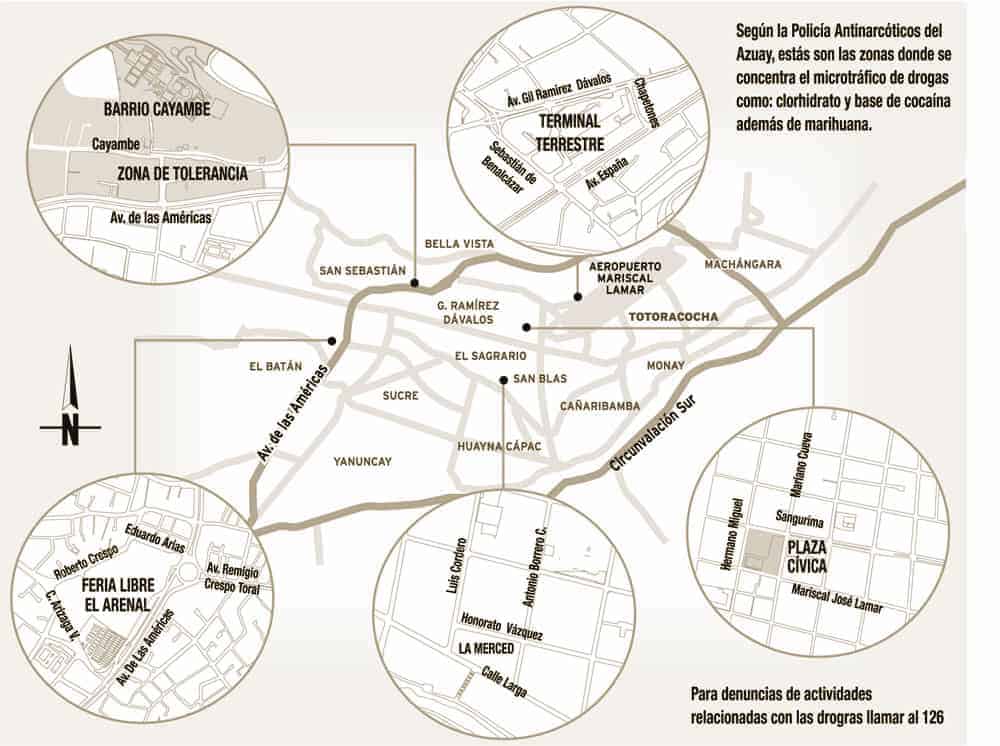
What Drugs are Being Sold in Cuenca?
The article identifies cocaine derivatives and marijuana as the most common drugs being sold. Lenin Bolaños, Azuay Police Commander (comandante de Policía del Azuay), noted that eradication, as discussed by some politicians, is not very reasonable.
But through joint police, government, and community efforts this problem can be controlled.
So, Is Cuenca Ecuador Dangerous?
So all of this begs the question: Is Cuenca Safe for Expats? Well, I guess that depends.
- Time of day is important. We’ve been in all of these places during the day, except Cayambe, and never had any trouble. La Merced is beautiful in the daytime and actually a bit of a hangout for many expats. Nighttime is a different story.
- Are you planning on selling drugs? If this is on your list of possible income sources in Cuenca then you might find yourself at risk. Okay, probably not likely. But lifestyle does play a significant role in safety. A person could become a victim in the safest city in the world just as easily as someone else could have no problems at all in one of the most dangerous ones. Safety depends so much on what you are doing in those places.
- The answer really depends on what you are used to. Your comfort level can affect your perception of safety. If you aren’t used to hearing about drug dealers killing each other, then you might not want to live in Cuenca. Although it is uncommon, it does happen. This isn’t like in parts of Mexico or the US where this is everyday stuff. These crimes make front-page news here – that alone should tell you that it is rare.
7 Ways Not to Get Robbed in South America
By following these suggestions, we have been able to avoid being victimized by criminals and we feel relatively safe living here. While visiting Cuenca many tourists comment that they actually feel safer here than they do in their home countries.
We also feel safer here than we did when we lived in the States. We rarely hear of violent crimes involving guns here and we do not see drug dealers or gangs hanging out on every corner.
We have taken the following common-sense measures to reduce our risk of being victimized by criminals:
1. Avoid walking the streets at night
We avoid walking the streets at night and we especially avoid the center of town after dark. According to reports in the local papers, the majority of assaults occur in certain parts of the center and near the airport and bus terminal.
We know many expats who frequent the center of town at night to enjoy public events such as free concerts and they have never reported to us any problems with crime, but we prefer to stay indoors at night, for the most part, just to be on the safe side.
If we do decide to go out at night we call a radio taxi company and avoid hailing a random taxi on the street. We do not take buses after dark.
2. Use ATMs inside banks
When we visit the center of town during the day, we always try to be aware of anyone suspicious who may be following us and we never use ATMs located on the street.
It is safer to use banks and ATMs located in malls or shopping centers where one can easily get lost in a store for a while after taking out money.
3. We try to avoid being easy targets for criminals.
For example, we do not wear expensive jewelry and we keep our wallets in our front pockets and the females in our family keep their purses clutched close to their bodies and in sight at all times.
We do not carry large amounts of cash and have even resorted to carrying “mug money” in a separate wallet. I carry my debit card and cash in a travel wallet that fits inside my pants so that it is impossible for a pickpocket to rob me. A pickpocket would have to undress me to get to my wallet and I think that I’d notice that. Some think that it is extreme to wear a hidden wallet, but I’ve never lost my important documents or bank cards using that method.
The U.S. Embassy website advises visitors to carry copies of their passports and to store the originals in a safe place. I cringe when I see foreign visitors with their passports or wallets protruding from their back pockets.
4. Don’t use expensive electronics in public places.
We use inexpensive cell phones that do not attract attention. We also keep our phones tucked safely in an interior coat pocket or in a front pant pocket.
5. Be cautious when approched by strangers
We are cautious if someone approaches us on the street asking for directions or to borrow a pen.
Thieves often work in teams and try to distract an unsuspecting person while the accomplice approaches to snatch valuables.
6. Rent Homes With Security Features
We have tried to rent houses equipped with security measures such as burglar bars and alarm systems. Also, living on a well-lit street is never a bad idea. We sometimes leave lights on in certain rooms when we have to leave the house at night to give the impression that someone is home. We also try to get to know our neighbors.
A watchful neighbor is sometimes the best defense against break-ins. We hide our valuables, such as computers and important documents, in hard-to-reach places in the house just in case someone is successful in breaking in.
If someone does enter our house we are not going to make it easy for them to rob us. The presence of an attentive, barking dog also can serve to dissuade a potential burglar.
7. Learn Spanish and integrate with the community
We have made an effort to learn Spanish and develop friendships with native Ecuadorians.
This has served us well as a security measure because in comparison with the expats, the native Cuencanos are much more aware of where the crime-prone areas of town are and are happy to share that information with you, provided you can understand Spanish.
If you plan on living in Ecuador, it is good to get out of the “expat bubble” and try to cultivate friendships with natives. I have heard that some expats feel that it is not that important to learn Spanish, but if you want to be more fully integrated into the community and be able to keep up with current criminal trends, being able to read and speak Spanish proficiently is a big help. Being able to converse fluently in Spanish has helped us not feel isolated and helpless.
We know that should the need arise, we can pick up the phone and call the police, ambulance or close friends who can come to our aid in the event of an emergency.
There is no paradise in this world and there are criminals regardless of where you choose to live. Every country has its problems and Ecuador is no exception.
What I can tell you is that right now, the incidence of crime in Cuenca seems to be less in comparison with other major cities in Ecuador.
When we read the reports of violent crimes committed on a regular basis in the States, we often comment that we are glad to be living in Ecuador and not in the U.S.
Of course, when we lived in the U.S. and heard daily news reports of violent crimes and murders, we became used to it and were not affected that much. We never considered leaving the States or moving to another area to avoid crime. We just took all the necessary safety precautions and went about with our daily routine.
We do the same here and are able to lead a relatively safe and calm life. I think that is about the best we can expect regardless of where we live in this world.
This is a post by an American expat living in Cuenca since 2007.

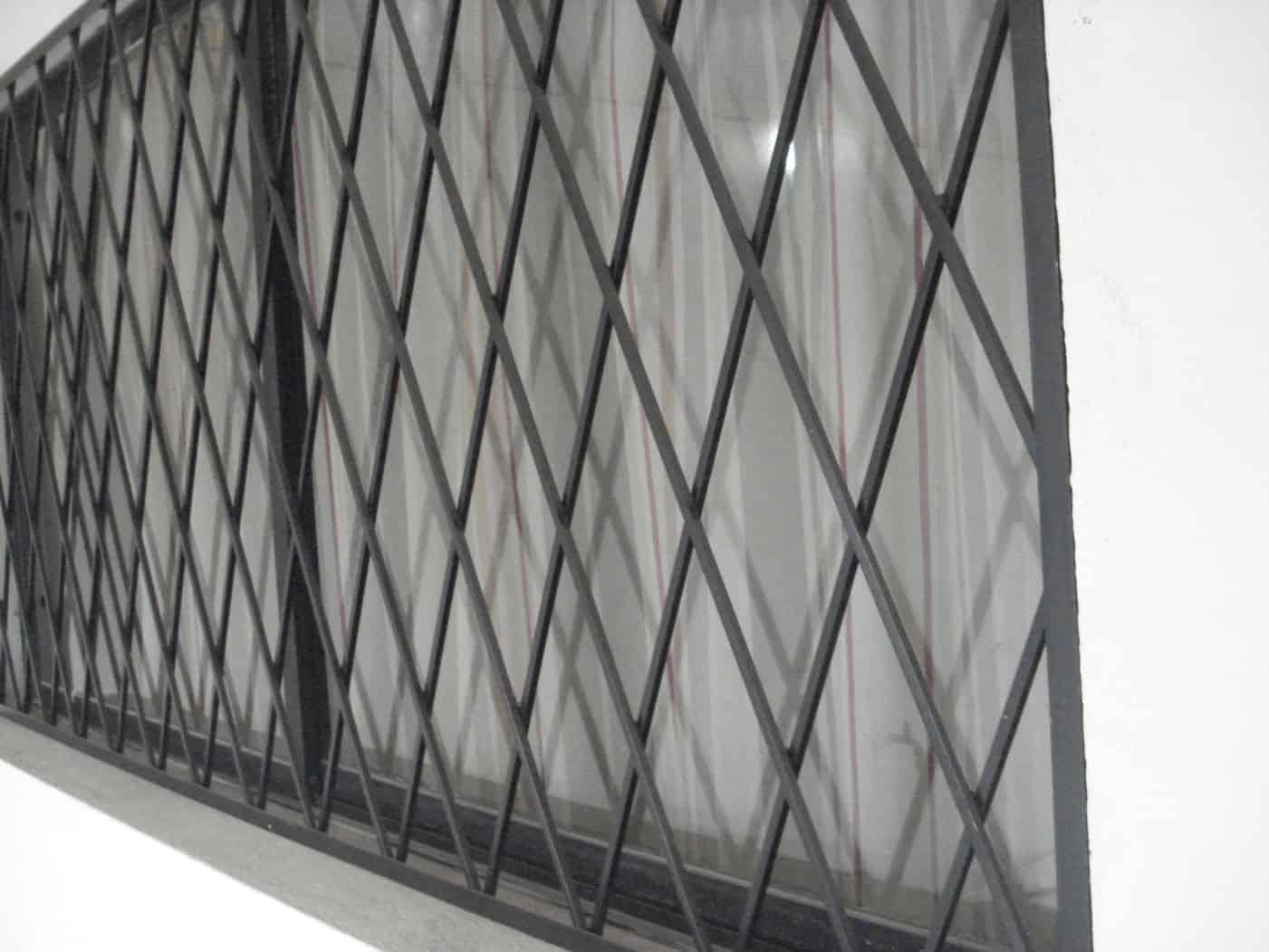
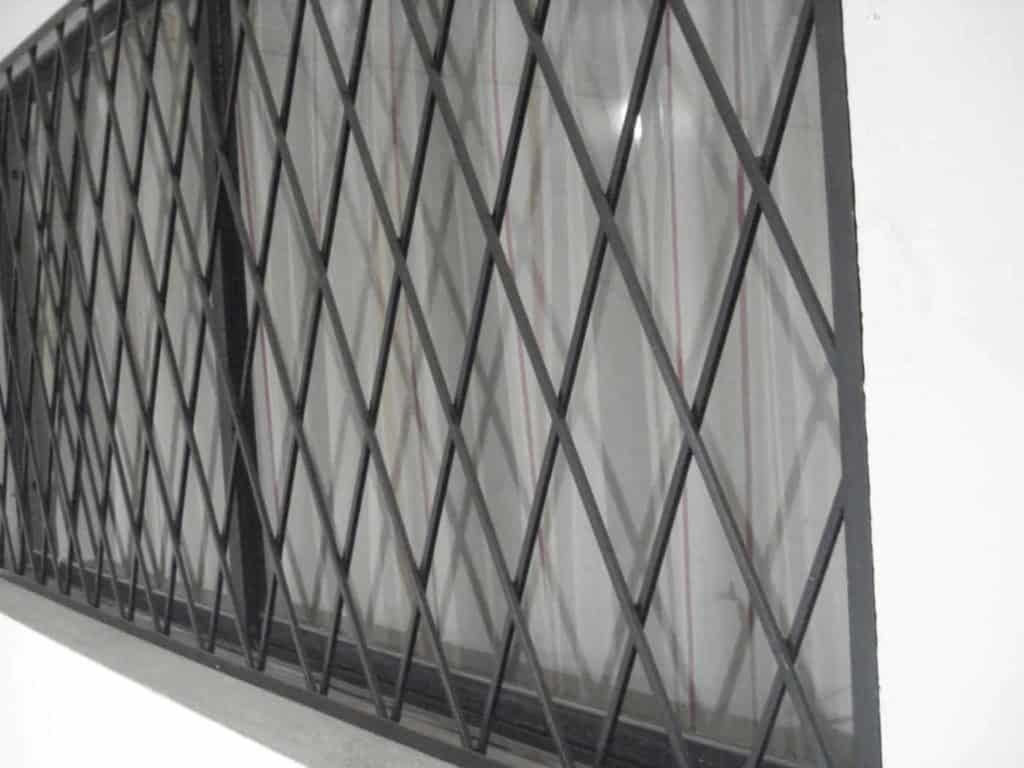
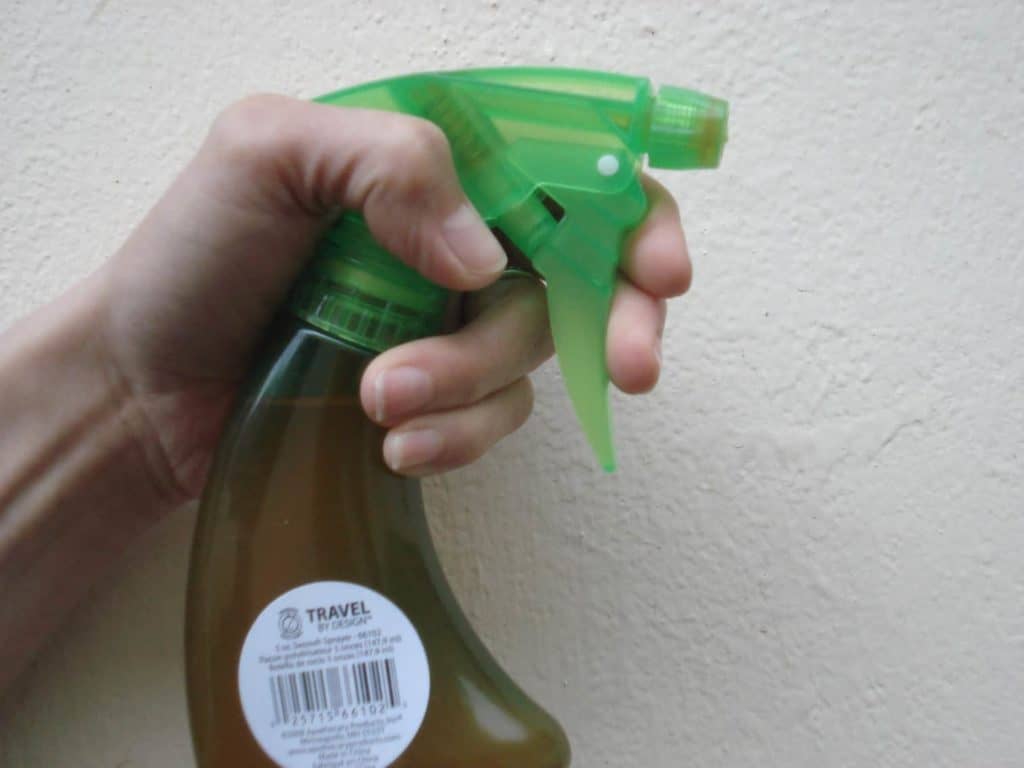

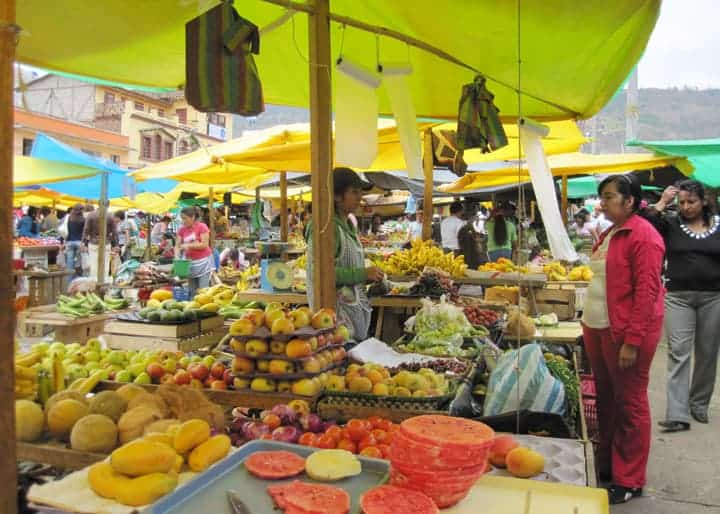
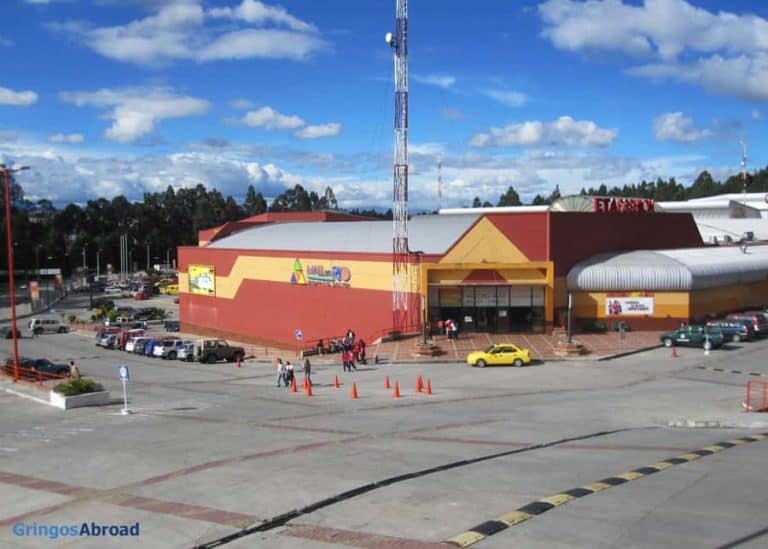
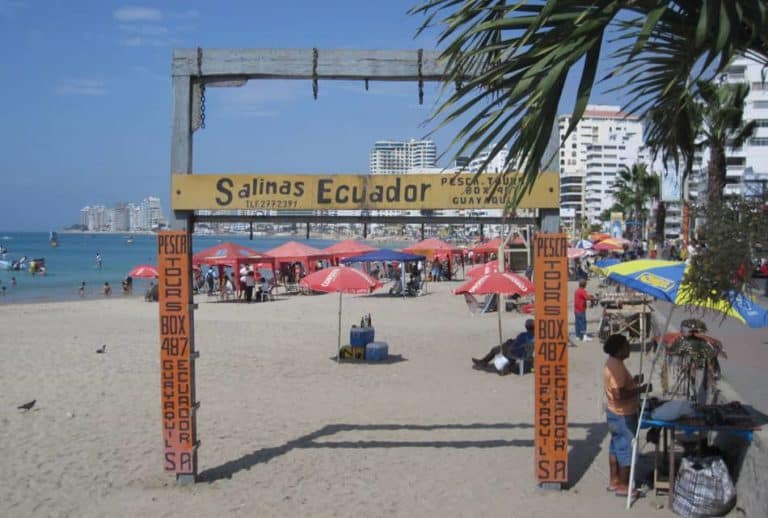
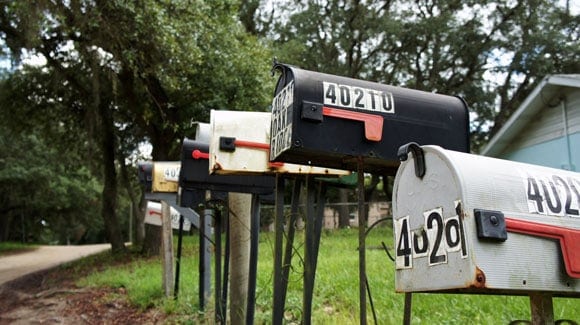
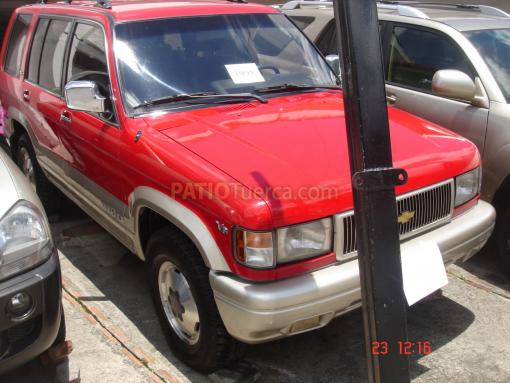

Hello!
Any advice for a young female traveling alone from the US to Lima, Peru to the Galapagos? This is only my second time abroad and my first time in South America.
So, if you like shiny cars and shiny things in general you should not immigrate to Ecuador?
Here’s a question about safety of another kind – dengue fever. We’ve read quite a bit about it – how to avoid being bitten and the like – but the disease is endemic in many parts of the country and we wonder how you handle being in a place where a serious illness is only one mosquito bite away. Plus, one in our party has Hepatitis C and while I haven’t seen anything specific on whether there is an increased health risk if the two diseases collide, I’m guessing someone with a compromised liver shouldn’t put themselves in a position of contracting a disease that can do liver damage. Researchers are working on a vaccine but that may be years away.
This is a concern on the coast but it never occurs in the Andes. Which is one of the reasons we chose the Andes…
Is this web site still active?
Yes
It would be great to go to Cuenca and put my son in private school while I research in the summer. In addition to this, I would love to do some spanish immersion. Let me know what it is like with kids in terms of safety, schools, etc.
My wife and I want to move to Cuenca in 2014. We will both be retired. I am a musician and still want to play, but have no particular interest in doing it for money, as money will not be a problem. Any information about the city would be helpful.
Hello,
My name is Victor, I had lived in New York about 30 years, and like 10 months ago I came to Guayaquil, it has been difficult for me to find a job or friends that can speak english, I dont know if Cuenca or Quito may have people that speaks english and perhaps get a job there, right here in Guayaquil is getting difficult for me, plus the weather out here is terrible, is so hot. Can someone gives me a tip of what should I do or where to go?
Thanks.
I am an African American, who is interested in retiring in Ecuador. I have come across some articles which covered the racial problems between black and non-black Ecuadorians. Does anyone have any first hand experience or knowledge of this? Thank you
I am interested in moving my wife and myself to Cuenca and would like to correspond with an expat with some experience of the area. I am 69 and my wife is 65. I have retired from the construction field and my wife is a Nurse Practictioner.
Thanks for your time
I am interested in moving my wife and myself to Cuenca and would like to correspond with an expat with some experience of the area. I am 69 and my wife is 65. I have retired from the construction field and my wife is a Nurse Practictioner.
Thanks for your time
We are looking for a chat room with Americans who have moved to Ecuador, not realtors or that crap, real pepole, real info, real nice chat, no improper discussions, ect…We are considering a vacation there to check it out, We desire only decent people to communicate with. 58 & 61, NO KIDS>>>THANK GOD….we are looking for our time, not a playground for children atmosphere. Thanks so much. S & J
hi,i to want to move to equador am w/female no kids,47-wannting quiet,peacful life with nature,cept i want to buy old cheap house in countryside)( there-so as to have $ to live on,and i like old houses anyway..if you would i would like to hear about live there too if you get there,i probably wont….i always wannted to go to a far away place,plus i dont like it here anymore-s.c-usa-thanks for any info if you get any(jeannieofsc@aol.com)
Let’s put it this way, Brian. I asked a young Cuenca professional at the Claro office in Mall del Rio. He spoke good English so no room for miscommunication. I asked him in a scale of 1 to 10 (10 being the safest) how he would rate Guayaquil versus Cuenca, with Cuenca being 10. He said Guayaquil is like 4. Goodness gracious! How about Quito? He said about 5-6. But I have been to both Guayaquil & Cuenca and have not been mugged. I even hiked up to Mt Pichincha (in Quito) for 2 hrs and back, and fortunately was not robbed (as warned in travel guides).
But he said Cuenca is not as safe today as 5 years ago. So, I asked him if 5 years ago was a safe 10, how does Cuenca rate now? He said only about 6-7 today. So, you could draw your conclusions from the above.
I refuse to live in Cuenca in fear, But, I am also aware of my surroundings and pretty much everyone around me. We had one incident perfectly executed(I was tired that day). Some Ecuadorians are completely unscrupulous. A lady with a baby and a young child blocked my way on the sidewalk separating me from my oldest daughter. I maintained my polite Canadian attitude and waited for them to get out of my way without complaint. When I finally caught up to my daughter, I found that a girl had attempted to get into her backpack. Just beware of crowds and crowded sidewalks. It’s not a big deal. I feel safer here than I did in Canada.
haha your daughter kicks arse! Don't mess!
elmonica,
Thanks for your comment. I read the comment on the blog link you copied and I can see how it would make one think twice before moving here. I would, however, take into consideration the experiences of other expats before coming to the concluison that Cuenca is an unsafe place. I think that the center is where most of such crimes take place and I´d venture to say that they occur mainly after dark. Like any city, Cuenca has its safe and not so safe areas. Most gringos tend to look for apartments in or near the old certer of Cuenca, but I personally think that the out lying areas are safer. For example, Calle Larga is an area where a lot of expats like to live and hang out, but that area is also know as one of the more dangerous places in Cuenca, especially after dark. I think that it is unfair to rank all of Cuenca as a crime infested place. It is a matter of using common sense and knowing which areas to avoid. I feel much safer living here than I did living in Macon,Georgia. I´m not saying that there is no crime here, just that in our experience it is not nearly as bad as what we experienced in the States.
Hi Doug. Thanks for the follow-up. I appreciate what you are saying. I actually spent a number of months in Antigua Guatemala which is a popular tourist destination and was always hearing about robberies and attacks. I came away unscathed, and I use to walk alone sometimes at night which was rather dumb. And my guess is that without seeing actual statistics, Ecuador, or at least Cuenca, is safer than Antigua. Anyway, I am pondering visiting Cuenca and even staying long term at some point. This blog seems like an excellent source of information, so i appreciate all the info posted.
Hi Doug, my husband is from Macon. He graduated from Willingham in 1966. We have lived in the suburbs of Memphis since 1983. We are looking for retirement in a location that will give us the quality of retirement we have worked so hard for but lost to 911. Would really like to correspond with you personally to determine if this is the place for us. We are thinking of a visit in the next couple of months. My husband’s name is Jerry Langford He is a podiatrist. Please contact us. We look forward to hearing from you. Thanking you in advance
Enjoyed your article Doug, I traveled in Latin America for a year visiting 6 countries and was in Cuenca studying Spanish for 4 months. I have a Law Enforcement background and pretty good at being aware of my surroundings. I heard stories from my Spanish teacher of Ecuadorian's and Westerner's being robbed by weapons or drugged. I must admit I was a victim of a crime there back in 2003, as I left school noon time walking down a street that was empty when a male in his 30's walked pass me on a side walk and stated in Spanish there was something on my back, and he kept walking rounded a corner and was gone. I had 2 shirts on and had my daypack which contained books, camera, and glasses. I stopped and looked back and noticed what appeared to be lotion or white paint dripping off me. I had passed under a balcony and thought maybe kids dumped something on me from above. A 15 seconds past and woman in her 40 well dressed walked up behind me and pointed out again there was something on my back. She said in Spanish she would help me clean it off. She was clever not to say take of your daypack and instead said talk off your shirt. Not feeling a threat since nobody was around and I was in an area not far from the main square I removed my daypack, looked around a even put it between my legs of the side walk. She pulled a tissue out and started wiping my shirts off, and got me to turn my back for a few seconds long enough for the guy to come back from around the corner and grab it (which I didn't see). When I realized it was gone I put the two of them together and ran a block looking for him, which I never found so I went looking for her, and she too was gone.
I carried pepper spray and other items for protection, but they got the best of my. I even carried a throw down wallet with a bunch of ones in case I got robbed at knife or gun point. I later learned there are several variations of this so called mustard distraction rip off throughout Latin America. I feel most of the crimes are property crimes, which with enough common sense and knowledge can be prevented.
I did also have a english teacher friend who was robbed by approx. 12 people in Quito near there historic tourist area at approx. 9 PM where they rushed him and without using any weapons just mugged him by putting there hands into each and every pocket, down his pants looking for a money belt, and even removed his shoes and socks. I heard there is more of a police presence there now.
I am not trying to scare anyone, and I plan on returning and retiring there in the future. This can happen anywhere, I am just sharing my story.
If pepper spray is not able to be purchased there I would consider Wasp Spray and having it handy in your house. It shoots a narrow stream 20-30 ft and can be deadly shooting someone in the eyes. I have used pepper spray many times which usually doesn't shoot about 10-12 ft, and usually the spray gets on myself or fellow officer's due to the stream which tends spray a little wide at times.